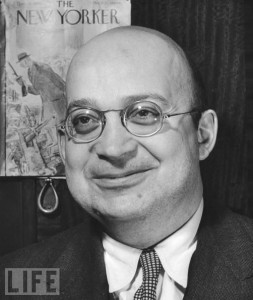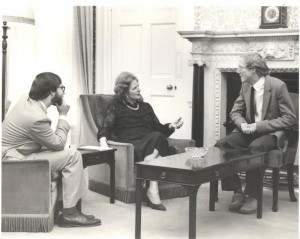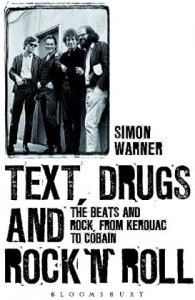Some students on U.S. campuses appear extraordinarily callous
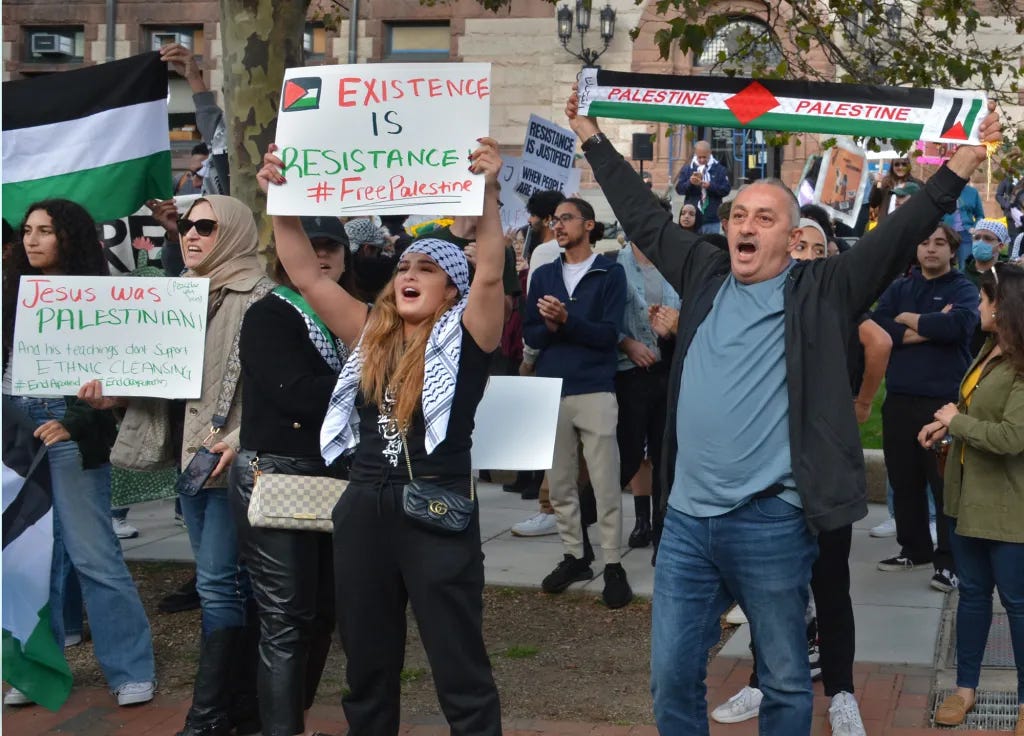
As Palestinian voices have grown more strident at universities all across the country in recent years, misinformation has flourished. But the latest spate of statements from organizations on campuses ranging from Ohio State to Harvard reflects astonishing insensitivity to the brutality and immorality of Hamas.
At Ohio State, the campus affiliate of the Students for Justice for Palestine praised the “heroic resistance in Gaza.” At Harvard, over 30 student organizations signed a letter written by the Harvard Undergraduate Palestine Solidarity Committee and Harvard Graduate Students for Palestine saying they “hold the Israeli regime entirely responsible for all unfolding violence,” as reported by Inside Higher Ed.
At the University of Pennsylvania, a group has called for a protest against an alleged “pro-Israel narrative” at media outlets including the NPR affiliate WHYY. At the University of Virginia, Students for Justice in Palestine celebrated the Hamas attacks as “a step towards a free Palestine,” as reported by the Richmond Times-Dispatch.
At Tufts University, a Jewish student leader, Micah Gritz, told The Hill that the “campus environment” has been “horrifying.” He added: “On campus, we’re seeing students either turn a blind eye to the conflict, or we’re seeing those who are openly celebrating our pain, you know, glorifying it, justifying it … They’re casting the murder of Jews and Israelis as progressive, as liberation. It’s just honestly very, very scary as a Jewish student on campus who has friends and family in Israel.”
The moral blindness among some members of Palestinian student groups leaves one aghast. Have they not seen the horrors inflicted on innocents by Hamas? Surely, they cannot truly celebrate the ghastliness, as reported by The New York Times and media around the world.
Certainly, Palestinians have reason to protest conditions in the West Bank and in Gaza and to demand better. But for them to side with the wanton murderers of Hamas beggars belief – especially when the terrorists have done nothing to improve the lot of Gazans since Israel left the area in 2005. Instead, the group has focused on building rockets and arming their deluded followers. Siding with such vicious murderers boggles the mind.
Where are the Palestinian voices on campus calling for an end to Hamas terrorism, demanding an end to its undemocratic tyranny in Gaza? Where are the Palestinians calling for peaceful coexistence with Israel (a prospect Hamas has all but destroyed for now)? Where are the Palestinians at U.S. universities decrying the savagery of recent days? Where are the Palestinians condemning Hamas for the awful retaliation to come, as Israel moves on Gaza to root out terrorists who surely knew they would bring such devastation on their own people?
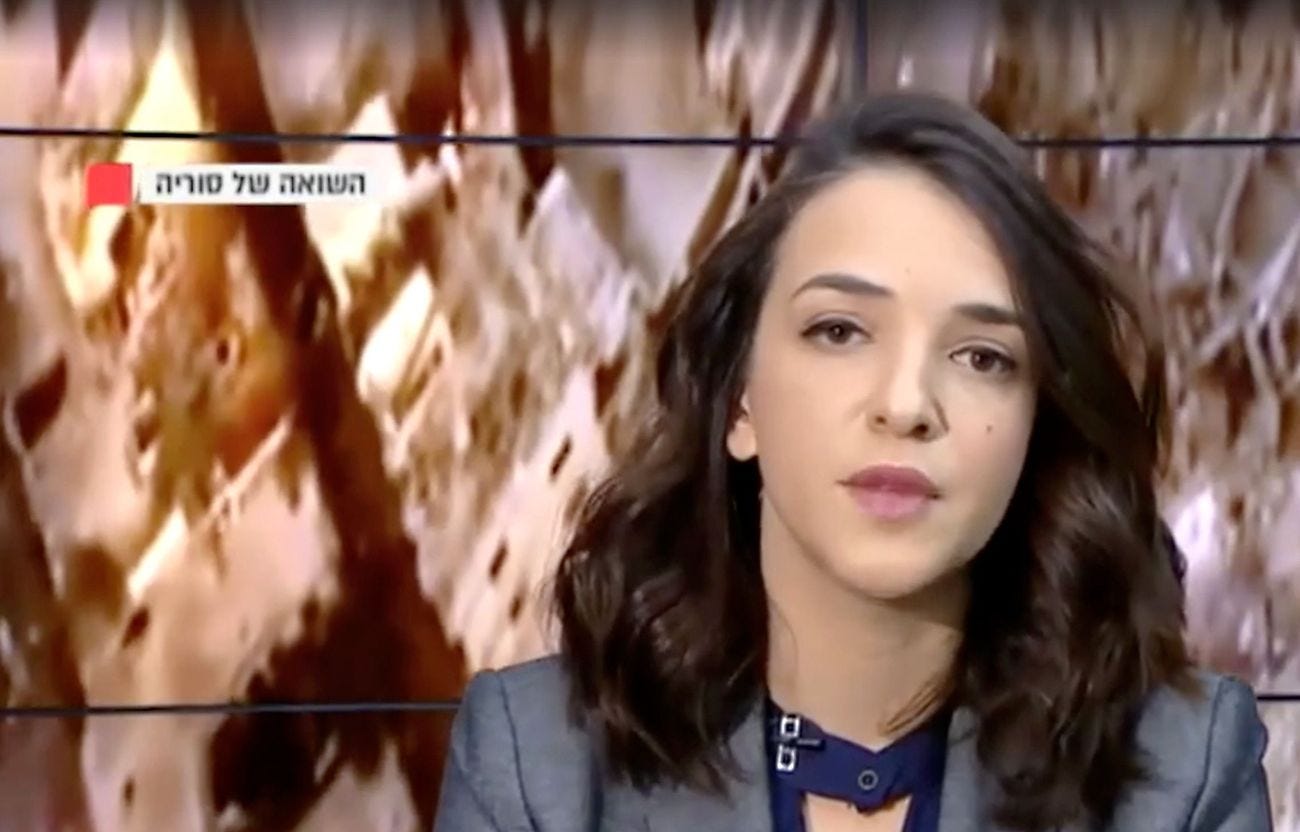
Some Arabs have courageously spoken out against the actions of the terrorists. Perhaps the most eloquent is Lucy Aharish, an Arab-Israeli who spoke of “our beloved country” – Israel – and lambasted those who failed to condemn the Hamas attack. Hear her moving comments here.
Have similar sentiments been stifled, with Palestinians cowed into submission, as so many Gazans have been suppressed by Hamas? Public support for the terrorists has been common around the world, as The Times of Israel has reported: “From Ramallah to Beirut, Damascus, Baghdad and Cairo, people have distributed candies, danced and chanted prayers in support of the ‘resistance’ to Israel’s long-standing control of Palestinian land.”
And yet, backing for Hamas is hardly universal in Gaza. Half of Gazans agreed with the statement “Hamas should stop calling for Israel’s destruction, and instead accept a permanent two-state solution based on the 1967 borders” in a poll by The Washington Institute. As the FIKRA Forum reported: “In fact, Gazan frustration with Hamas governance is clear; most Gazans expressed a preference for PA administration and security officials over Hamas—the majority of Gazans (70%) supported a proposal of the PA sending ‘officials and security officers to Gaza to take over the administration there, with Hamas giving up separate armed units,’ including 47% who strongly agreed. Nor is this a new view—this proposal has had majority support in Gaza since first polled by The Washington Institute in 2014.”
Is anti-Hamas sentiment more common among Palestinians on campus than the latest headline-grabbing pronouncements by some groups suggest? Are they too fearful to speak out? A member of the Palestinian Solidarity Committee at Indiana University, asking for anonymity out of safety concerns, told the student newspaper: “We just stand for peace, it’s an emotional conflict … We don’t represent Hamas, and we don’t condone the actions of Hamas. But we also don’t condone the actions of the Israeli military. We do not want to see Palestinian children or Israeli children killed in this siege. It is a tragic event, and we hope things deescalate as soon as they can.”
One can only hope that there are other Palestinian students in the U.S. with more humanity than some of their local leaders and spokespeople appear to have. Surely, there are more Palestinians at such schools who share the revulsion of most in the civilized world. It would be heartening to hear more from them.








